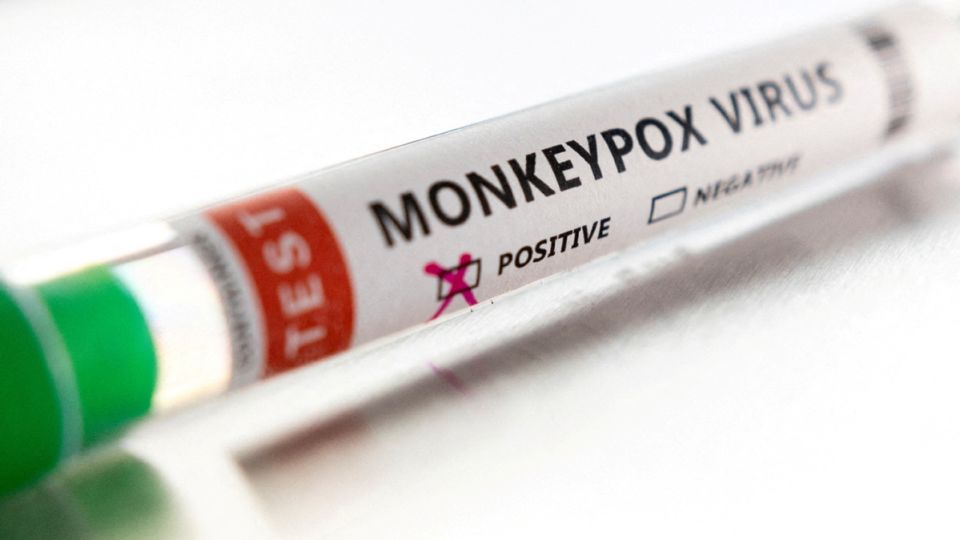June 8, 2022
HONG KONG – While a pandemic-scale outbreak of monkeypox is unlikely, experts say Asian countries should be on the alert for infections as international travel picks up.
Based on the biology of the virus and the mode of transmission, the likelihood the virus will quickly cause a widespread outbreak is low, according to the Institut Pasteur du Cambodge, or IPC, a medical research institution in Cambodia.
Monkeypox is spread only by close physical contact with someone who already has symptoms, with transmission through bodily fluids, pus, saliva and scabs, the IPC said. But the illness has a long incubation period, of up to 21 days, adding to the risks posed by international travel, the institute said.
Monkeypox is a viral zoonosis with symptoms similar to those seen in smallpox patients, according to the World Health Organization. The first human monkeypox case was identified in 1970 in the Democratic Republic of the Congo. The first case in the current outbreak was reported in the United Kingdom on May 7, in a traveler from Nigeria.
Thailand reported its first monkeypox case in an air passenger from Europe who stayed for about 2 hours in Bangkok before transiting to Australia, broadcaster Thai PBS World reported on May 30.
No other cases have been reported in Thailand, but the Thai Public Health Ministry has asked hospitals and healthcare facilities to monitor for infections, according to a briefing by the Center for COVID-19 Situation Administration on June 2.
Many other countries in the region have also tightened up their surveillance of the virus.
In Cambodia, the alarm was raised after the country detected six suspected monkeypox cases. The health authorities later announced on June 2 that all the people involved tested negative for the virus through lab tests by the IPC, according to the Phnom Penh Post.
Countries such as the Philippines, Vietnam and Laos also began to tighten the surveillance at airports or border gates.
“Due to the recent global experience in the COVID-19 pandemic, concerns for any new viral infections are understandable,” said Sompong Vongpunsawad, a virologist with the Center of Excellence in Clinical Virology at Chulalongkorn University in Thailand.
Existing vaccine
Sompong said that monkeypox is less serious than smallpox and it is unlikely a specific vaccine for monkeypox will be developed due to its low mortality rates. “Many countries are considering using the existing smallpox vaccine to prevent monkeypox infection,” he said.
Thailand has asked the WHO for a smallpox vaccine as a precautionary measure. The Korea Disease Control and Prevention Agency said South Korea has a sufficient vaccine stockpile to protect people against monkeypox.
For countries to better prepare themselves, the IPC said all efforts should be implemented to detect, prevent, and contain monkeypox.
David Kwak, a clinical assistant professor at Soon Chun Hyang University Hospital in South Korea, said the virus is expanding at a fast pace and has the potential for greater spread. “It is important to not stigmatize this disease as being… a sexually transmitted disease, but rather… that this can also spread through close contact,” Kwak said.
South Korea has not detected any cases to date, but its health authorities said on May 31 that it had plans to place monkeypox in the second level of contagious diseases, out of a four-tier system.


